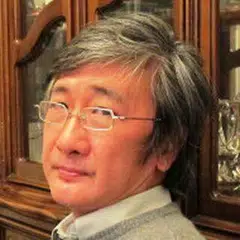Taiwan's #MeToo: A progressive Taiwanese society's attempt at challenging patriarchy
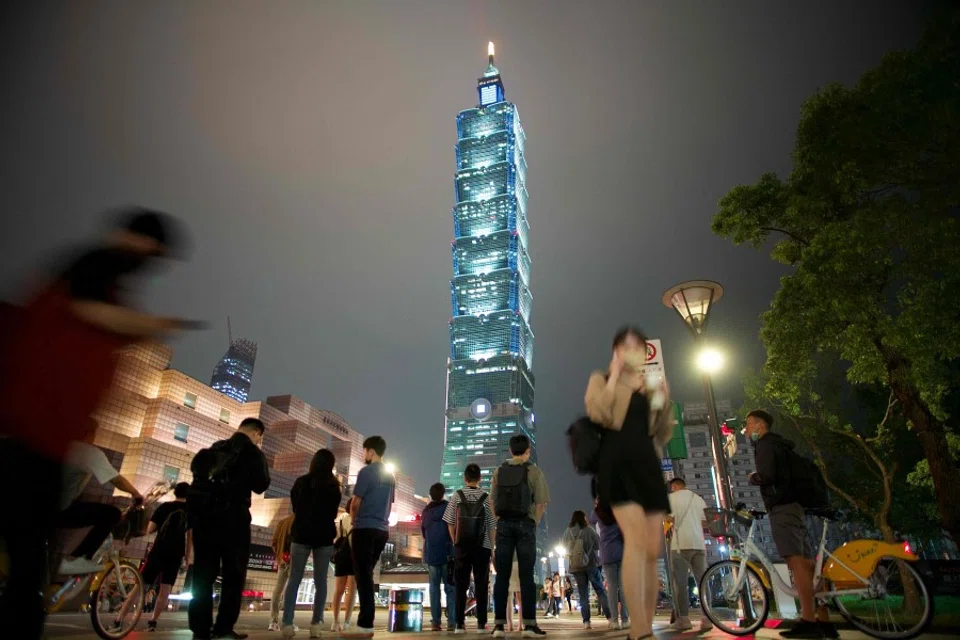
Taiwan has been hit by the #MeToo storm over the past month, which started in politics and then spread to education, culture, media and entertainment. Previously accepted gender inequalities are being challenged, but can the Taiwan version of #MeToo get rid of deeply entrenched patriarchal chauvinism?
The term #MeToo was introduced in 2006 by Tarana Burke, an American activist against sexual violence. The social media hashtag aimed to evoke empathy among those who have experienced sexual assault or harassment in a collective fight against gender violence.
Over the following five to six years, the #MeToo movement gradually gained global momentum. The #MeToo movement really came into the public eye in 2017, with Hollywood producer Harvey Weinstein accused of sexual violence, including by superstars Angelina Jolie and Gwyneth Paltrow. Weinstein, an influential figure in the American film industry with close ties to Democratic Party elites, was finally charged in 2018 and sentenced to 39 years in prison.
The Weinstein case caused the #MeToo movement to go viral, ultimately forcing governments around the world to respond politically. Many countries began amending their laws to criminalise non-consensual sexual acts.
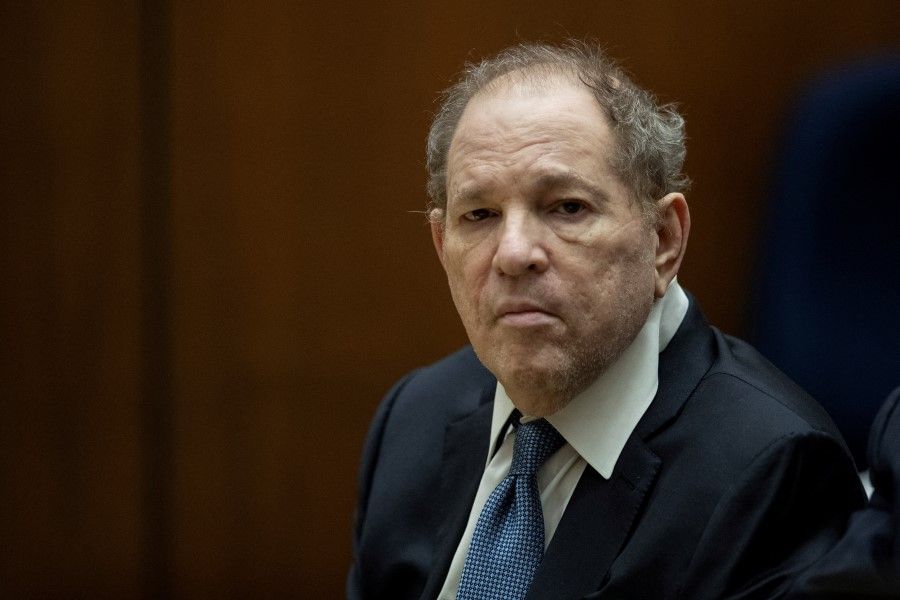
DPP: eye of the #MeToo storm
In terms of gender issues, Taiwan is considered a leader in Asia. Legislation on sexual assault in Taiwan began in the late 1990s. In 1996, Peng Wan-ru, a women's rights activist and director of the women's affairs department of the Democratic Progressive Party (DPP), was thought to be sexually assaulted and murdered by a taxi driver in Kaohsiung. While the case was never solved, it led to the enactment of Taiwan's first Sexual Assault Crime Prevention Act and revisions to the Criminal Code related to "obstruction of sexual autonomy" (妨害性自主罪).
Logically, the DPP should have a strong sense of gender equality - so why did the #MeToo storm in Taiwan start within the party itself?
Subsequently, laws such as the Sexual Harassment Prevention Act, Gender Equality in Employment Act, and Gender Equality Education Act were enacted, and Taiwan was the first region in Asia to legalise same-sex marriage. Many of these legislative efforts were jointly promoted by the DPP and women's organisations. Logically, the DPP should have a strong sense of gender equality - so why did the #MeToo storm in Taiwan start within the party itself?
The #MeToo storm erupted just as the DPP was nominating members for parliament. DPP chairman and presidential candidate William Lai Ching-te proposed a "democratic alliance" to join forces with non-DPP politicians in the parliamentary elections to secure a majority of seats, including the nomination of a young man named Lee Cheng-hao.
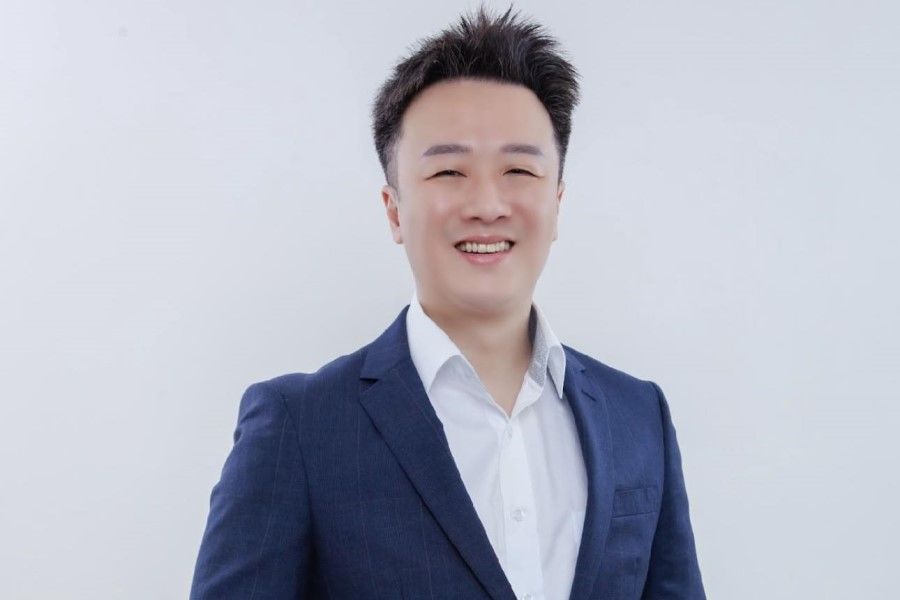
Lee started in the Kuomintang (KMT) as the spokesperson for current KMT chairman Eric Chu during his presidential campaign, later switching to the People First Party; his past political stand is not aligned with the DPP. To complicate matters, Lee was involved in controversy over secretly taking intimate photos of his girlfriend, and doubts on the issue have not been completely clarified.
The DPP's decision to nominate Lee sparked unhappiness among the party's grassroots, with nearly 800 grassroots party workers signing a joint petition opposing his nomination. They questioned: "How does allowing a candidate who has harmed, controlled, and threatened women by secretly filming intimate images show the values of the DPP?"
... if the DPP fails to actively address the #MeToo storm, it will lead to the entire younger generation turning its back on the party.
The DPP is considered progressive in terms of gender consciousness, which also means it attracts more women with a strong awareness of gender equality who are less tolerant of gender inequalities. Some DPP female party workers and assistants who have experienced sexual harassment have quietly put up with it for the sake of the "bigger picture". But now they see a party that should uphold progressive values nominating Lee with his blemishes on gender equality issues.
They feel that staying silent and sacrificing their principles so that the party wins is no longer worth it, and have thus come forward to expose cases of sexual harassment involving party officials. Some cases involve the misconduct by officials themselves while others involve the mishandling of sexual harassment complaints by higher-ups. They want to send a warning to the party's leaders through this #MeToo wave.
Many of those responding to the #MeToo movement are the "feminist woke youth" who participated in the Sunflower Movement in 2014, and who supported the DPP because they believed it would promote progressive values. President Tsai Ing-wen's stance on marriage equality, gender equality, and renewable energy issues has indeed shown them the DPP's progressiveness, but if the DPP fails to actively address the #MeToo storm, it will lead to the entire younger generation turning its back on the party.
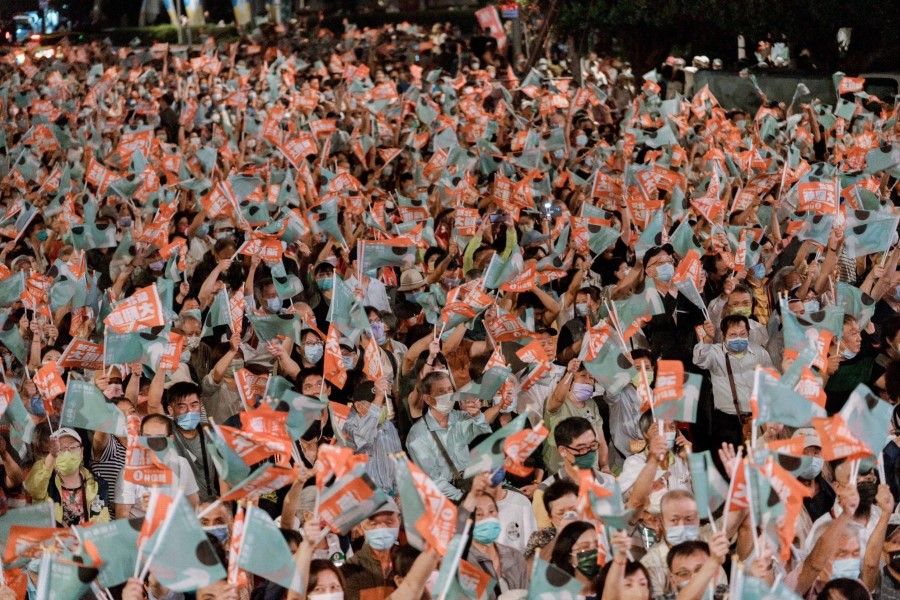
Reflecting Taiwanese society and culture as a whole
William Lai handled this gender equality controversy fairly well, preventing it from escalating further. Lee Cheng-hao withdrew from the election, and party officials who should be investigated and punished were appropriately dealt with.
Even former deputy secretary-general Lin Fei-fan, who was not directly responsible but was previously in charge of the women's affairs department which had mishandled sexual harassment complaints, announced his withdrawal from the election after being nominated as a legislative candidate. Lin was a key leader of the Sunflower Movement and had considerable influence, and a lot of the younger generation would hold him to high standards in terms of "progressive values".
In addition, President Tsai promptly put forward three directions for gender equality policies: establishing guidelines for preventing sexual harassment to improve gender equality education, enhancing complaint mechanisms, and giving priority to amending and strengthening legislation at the next legislative session.
The #MeToo storm within the DPP reflects the overall social culture in Taiwan.
The DPP is not more male-dominated or chauvinistic than other political parties or organisations. For instance, KMT heavyweight and former Hualien county magistrate Fu Kun-chi was accused of sexual harassment by journalist Dong Cheng-yu, but Fu vehemently denied the allegations, and the KMT has yet to address the issue.
The #MeToo storm within the DPP reflects the overall social culture in Taiwan. The #MeToo movement has also spread to other social domains, involving well-known progressive scholars like political scientist Wu Nai-teh, respected veteran journalist and UP Media president Wang Chien-chuang, as well as many influential cultural figures such as Verse magazine president Zhang Tiezhi, who has taken on numerous government cultural projects, outspoken commentator Lucifer Chu, and popular entertainer Mickey Huang, among others.
Those accused have responded differently. Some have chosen "social death", for example Wu Nai-teh, who no longer participates in public affairs. Others have countered the accusations, like Wang Chien-chuang. Some have fabricated stories in an attempt to absolve themselves, only to attract further scrutiny, such as Zhang Tiezhi. And there are those who have responded more vehemently with self-harm, such as Mickey Huang.
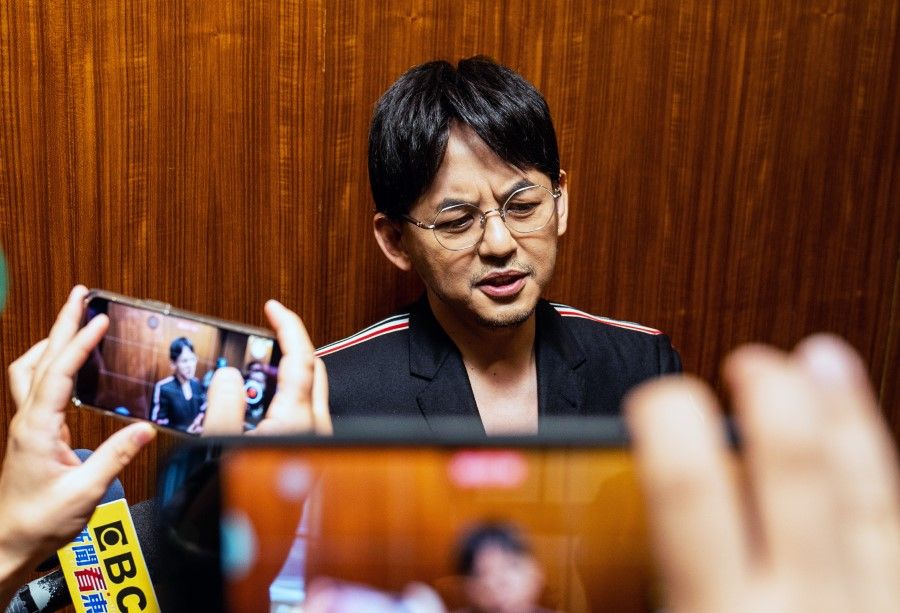
The storm continues to grow, but what kind of changes will this #MeToo storm bring to the deep-rooted gender inequality in society?
... the focus of sexual harassment lies not primarily in satisfying a desire for sex, but for power.
Let's go back to the initial question: how did sexual harassment get exposed in the DPP, which advocates progressive values and promotes numerous gender equality legislations? Apart from the fact that DPP women are more progressive and less tolerant of gender inequality, another more structural reason is the inherent nature of sexual assault, discrimination, and harassment, which is rooted in unequal power dynamics and the patriarchal structure.
As the ruling party, the DPP holds the power, so that male party members in authority believe that they hold the power; when interacting with the opposite sex, they become more audacious and exploit their power more freely, although they dare not challenge the party's leader, President Tsai.
Not touching heavyweight politicians or businesspeople
Looking deeper, in this patriarchal power dynamic between genders, the focus of sexual harassment lies not primarily in satisfying a desire for sex, but for power. The gender that holds the power can disregard the other person's feelings, not thinking their behaviour is disrespectful - on the contrary, they perceive it as expressing goodwill and "favour", and assume that the other person will surely accept their friendly overtures. But when the other person rejects or resists sexually suggestive behaviour, they interpret it as a lack of gratitude, which challenges their patriarchal power and may provoke anger or even violence towards the opposite sex. These men subconsciously believe that they hold the power and that vulnerable individuals are incapable of effectively fighting back, so that they can act recklessly.
... is it because the elites within the "winner's circle" are more adept at manipulating power, making it more difficult for the disadvantaged to challenge the core of the patriarchal structure?
The greatest significance of the #MeToo movement is that women, who are in a disadvantaged position in gender relationships, are starting to openly speak out and resist, delivering a powerful blow to these "chauvinist pigs" and undermining the dignity of patriarchal authority. This is a major challenge to patriarchal chauvinism.
However, it is worth noting that the #MeToo movement in Taiwan has yet to touch heavyweight politicians or businesspeople with substantial power and resources. Is it because these politicians and capitalists have a better understanding of keeping clean, or is it because the elites within the "winner's circle" are more adept at manipulating power, making it more difficult for the disadvantaged to challenge the core of the patriarchal structure?
This article was first published in Lianhe Zaobao as "#MeToo风暴能撼动台湾父权结构吗?".
Related: China's governance model: The way forward for today's world? | Corruption in China seeps into the Buddhist world | Was the Tang dynasty the golden era of women's rights in China? | Unlike Taiwan, mainland China lacks top women leaders | The crux of gender inequality is that men have always objectified women | Why swear words derogating women have proliferated on the Chinese internet
